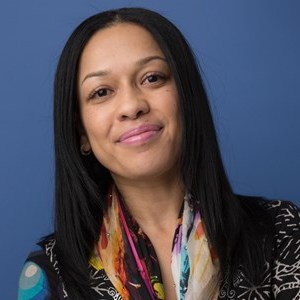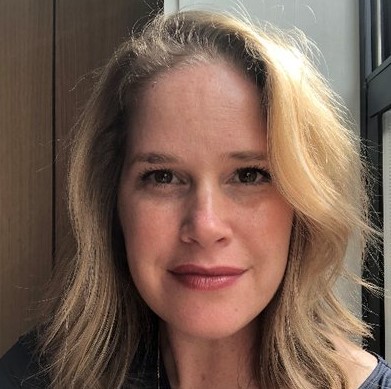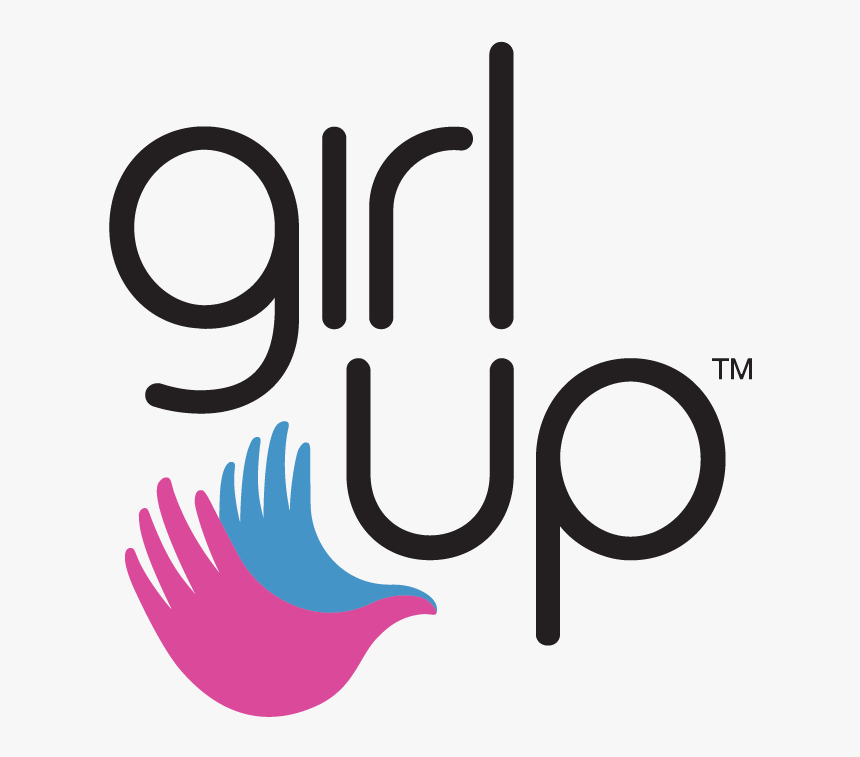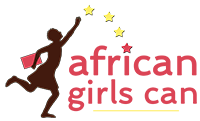
On November 18, 2021, Girl Up hosted a webinar on gender-based violence. Part of their Girl Talk series, youth activists from Peru and India and two experts in the field conversed about this important topic.
1 in 3 women globally experience violence. This data is based on what is reported and is likely underrepresented. Rates of GBV have only increased due to COVID-19 with calls to helplines increasing fivefold. GBV is the “silent” or “shadow pandemic” as it is happening in the shadow of people’s homes. There is so much shame by the survivor and stigma attached to the issue in societies. There is a cultural tendency to victim blame and for families to consider it a private issue.
The persistence of gender-based violence requires a multi-pronged approach. It is a consequence of gender inequality, so that is where you start. Laws and policies haven’t successfully shifted norms, so we must challenge societal norms that allow women and girls to be seen as inferior.
Survivors’ experiences must inform our responses. We must come up with more effective ways of protecting the rights of survivors and providing psychosocial support. The patriarchy and white supremacy will try to divide us, but violence against women is never acceptable or tolerable.
We don’t live single issue lives and overlapping identities compound how people experience violence. We can’t break apart gender identity from race, class, religion, and other identities. Intersectionality means that these social categorizations are interconnected, and discrimination or disadvantage comes from multiple overlapping sources. Gender-based violence is a global problem but requires solutions that are context specific. Therefore, responses must be tailored to the situation and start with the assumptions: Who is invisible here? Who is at the margins?
Change happens when grassroots movements take place at the community level and then join forces across borders. Various movements (such as stopping discrimination against people with disabilities) can form alliances. The new generation is demanding change.
Advice to Youth Activists
Youth movements are experts by their lived reality. Own your voice and never underestimate its power. We grow inside while helping others to grow.
Topic Experts
 One expert was Nicolette Naylor, a South African human rights lawyer now with the Ford Foundation where she serves as international program director for Gender, Racial, and Ethnic Justice.
One expert was Nicolette Naylor, a South African human rights lawyer now with the Ford Foundation where she serves as international program director for Gender, Racial, and Ethnic Justice.
 A second expert panelist was Erin Kenny from the Spotlight Initiative. With 25 years of experience addressing GBV in humanitarian contexts, she previously worked with the International Rescue Committee and Child Fund International to design and implement GBV and reproductive health programs in conflict and post-conflict settings.
A second expert panelist was Erin Kenny from the Spotlight Initiative. With 25 years of experience addressing GBV in humanitarian contexts, she previously worked with the International Rescue Committee and Child Fund International to design and implement GBV and reproductive health programs in conflict and post-conflict settings.
The Spotlight Initiative is a global, multi-year partnership between the European Union and the United Nations to eliminate all forms of violence against women and girls by 2030.
 Girl Up also has a 3-unit curriculum on GBV.
Girl Up also has a 3-unit curriculum on GBV.
Unit 1: Facts, Figures and Experiences
Unit 2: Toward Living a Life Free of Violence
Unit 3: Putting Resistance into Practice

